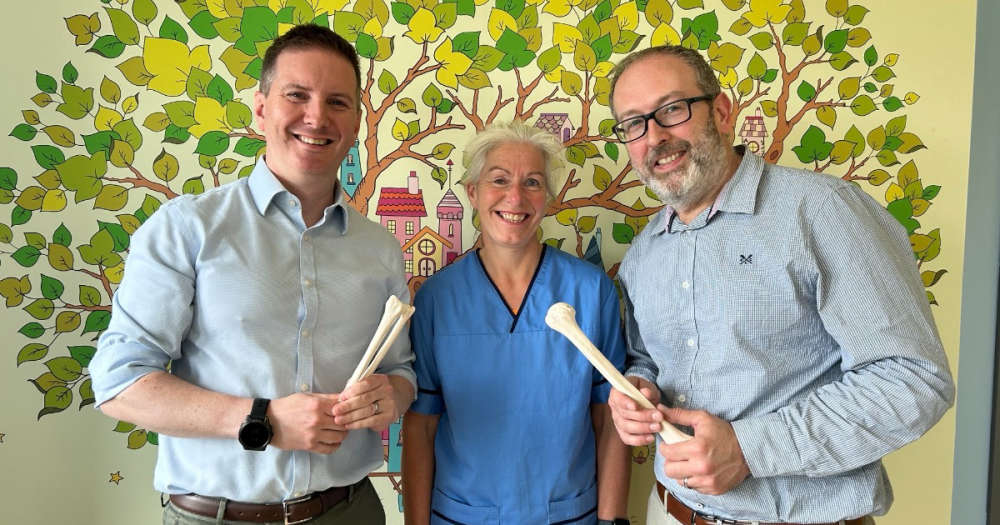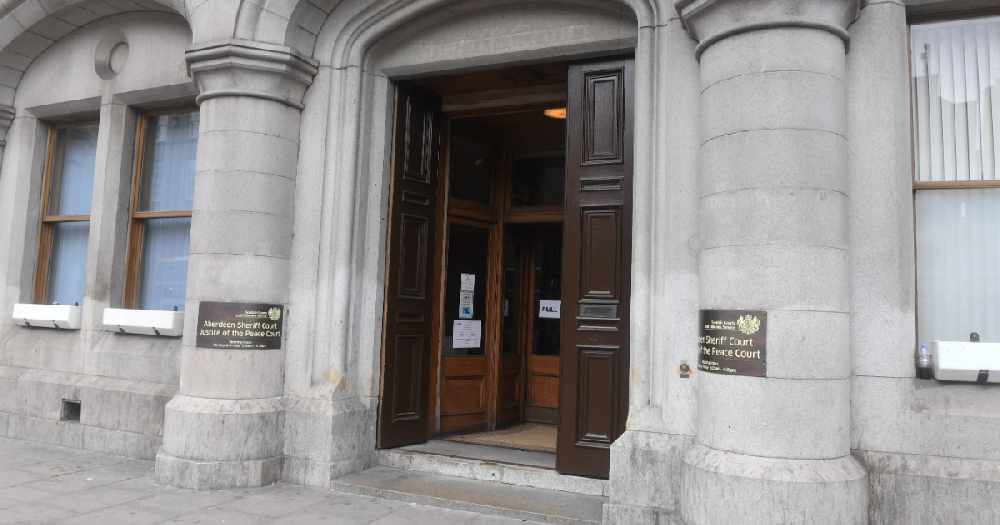
Doctors at NHS Grampian are taking part in a nationwide trial which could revolutionise the way broken bones are treated in children.
The Children’s Radius Acute Fracture Fixation Trial (CRAFFT) is working to identify whether it’s better to treat broken wrist bones in patients up to the age of 11 by simply putting them in a cast and allowing the broken bones to heal and grow back into the right position naturally, or to put the bones back into the right position under a general anaesthetic (which may involve inserting metal pins or plates).
NHS Grampian’s clinical research unit at Royal Aberdeen Children’s Hospital (RACH) is marking the end to the recruitment phase of the trials.
It was led by paediatric orthopaedic consultant Mr Mike Reidy.
He said: “This type of multi-centre research allows surgeons and researchers across the UK to work collaboratively to find the best treatment options for children’s fractures.
"A similar study – SCIENCE – has also recently completed recruitment and will allow surgeons to recommend the best way to treat a specific type of elbow fracture.”
Mike added: “We’re helping to answer big clinical questions – like the best way to treat broken wrists in children.
"Questions around what treatment is best have been around for decades but no one hospital treats enough patients to make a study work.
"We are the only paediatric centre in Scotland participating in CRAFFT and by working together with other centers across the UK we have reached the 750 patients needed to answer this important question.
"We are grateful to the children and families in Grampian who agreed to participate in this study, so we can better advise future patients on what treatment may be best for them.
“Projects like the CRAFFT trial mean we can be more confident about whether or not an operation is helpful when speaking with parents and carers.
"It’s much better than saying there is a lack of evidence.”


 Aberdeen singer tells all about viral duet with Niall Horan
Aberdeen singer tells all about viral duet with Niall Horan
 Man, 34, jailed for voyeurism and stalking in Aberdeen
Man, 34, jailed for voyeurism and stalking in Aberdeen
 15°C
15°C
 14°C
14°C
 13°C
13°C